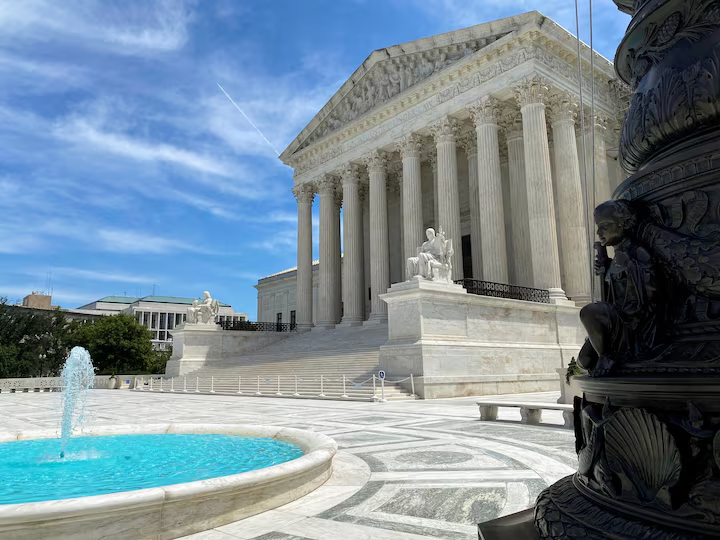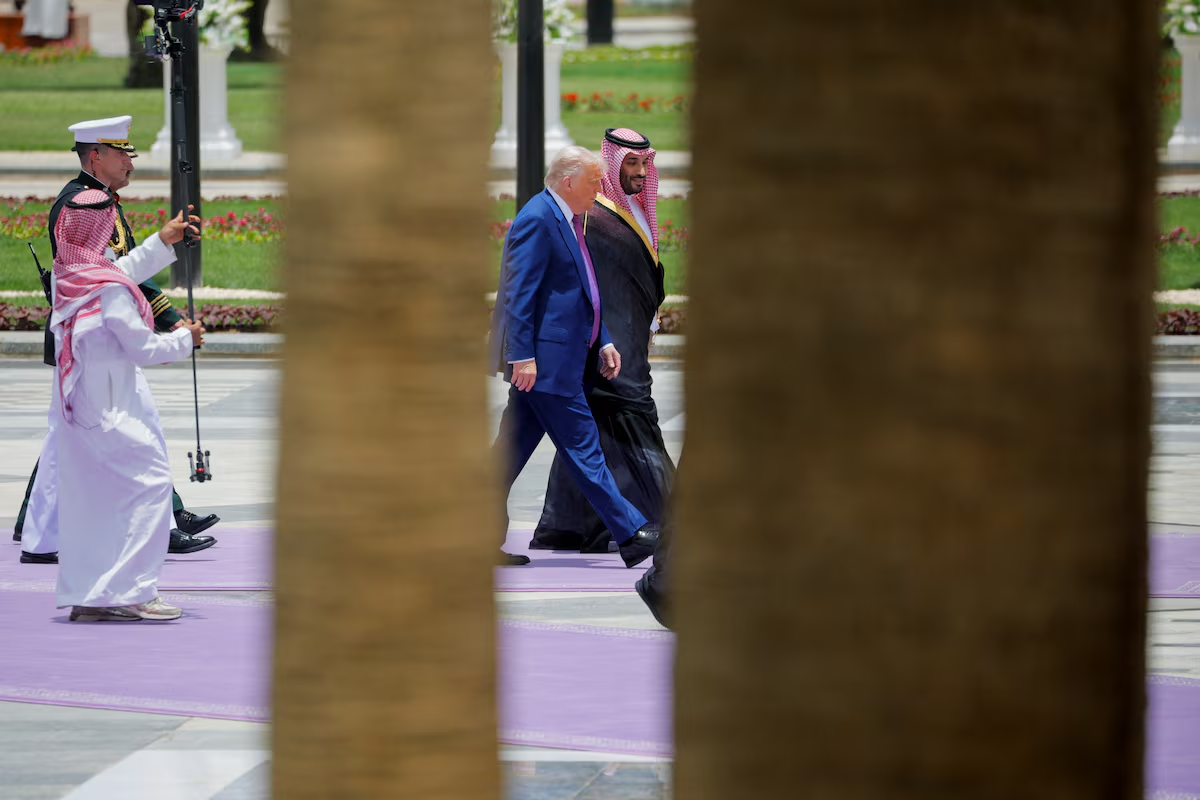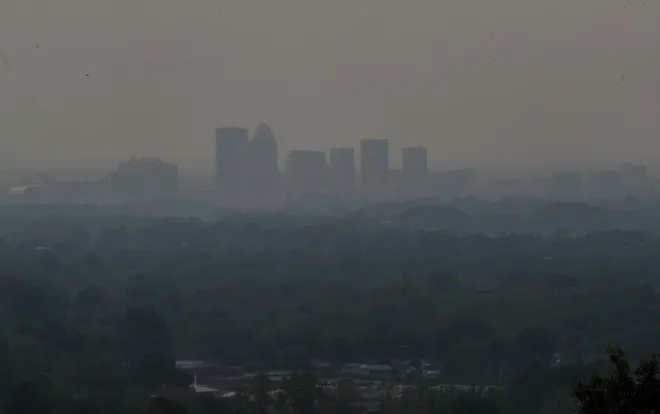The U.S. Supreme Court is poised to issue major rulings that could significantly expand religious freedoms in the country, with decisions expected in the coming weeks on cases involving abortion, transgender rights, and LGBTQ+ protections. Legal experts warn that the conservative-leaning court may tilt toward religious plaintiffs, continuing a trend that has reshaped the American legal landscape in recent years.
The most closely watched case centers on Idaho’s abortion ban, which allows the procedure only when a woman’s life is in danger. The Biden administration argues that this law conflicts with federal Emergency Medical Treatment and Labor Act (EMTALA) requirements mandating hospitals to provide stabilizing care, including abortions when necessary. Idaho defends the law on religious and moral grounds.
A second high-profile case involves whether a Catholic high school in California had the right to fire a gay teacher who married his same-sex partner. The school contends that employment decisions based on religious doctrine should be exempt from anti-discrimination laws under the First Amendment’s religious protections.
The outcomes of these cases could reinforce what critics see as the Supreme Court’s increasing favoritism toward religious groups, especially Christian conservatives. Since the appointment of three justices by former President Donald Trump, the Court has delivered several rulings seen as prioritizing religious liberty over civil rights and public policy concerns.
“The Court has been on a trajectory of expanding religious rights, often at the expense of LGBTQ+ protections and reproductive freedoms,” said Frederick Gedicks, a law professor at Brigham Young University.
The implications are potentially far-reaching. A ruling favoring Idaho could allow more conservative states to enforce strict abortion limits even in emergency medical contexts. Similarly, a ruling in favor of the Catholic school could provide broader exemptions for religious institutions from civil rights laws — raising concerns that employees in religious settings may have fewer legal protections.
Religious liberty advocates, however, argue that these cases are about protecting conscience rights in an increasingly pluralistic society.
“People of faith shouldn’t be forced to act against their beliefs,” said Lori Windham of the Becket Fund for Religious Liberty, which is representing plaintiffs in multiple religious freedom cases.
The U.S. Constitution’s First Amendment guarantees the free exercise of religion, and for decades the Court has struggled to define the limits of that right, particularly when it intersects with laws designed to ensure equality and access to services.
Recent precedents have signaled a strong leaning in favor of religious claimants. In 2022, the Court sided with a football coach who was fired for praying on the field, and in 2023 it ruled that a web designer could refuse services for same-sex weddings. Critics argue that such decisions are eroding the principle of church-state separation.
The upcoming rulings could arrive as early as late May or early June and will likely reignite debates ahead of the 2025 presidential election. Democrats warn that expanded religious exemptions could embolden far-right agendas, while Republicans argue that religious institutions must be protected from what they describe as government overreach.
Public opinion remains divided. According to a Pew Research Center poll, 52% of Americans support stronger religious protections, while 46% believe such rulings threaten civil rights and secular governance.
With a 6-3 conservative majority, the Court’s decisions are expected to shape national policies on abortion access, workplace discrimination, and LGBTQ+ rights for years to come. As the country awaits the rulings, activists on both sides are preparing for a renewed legal and political battle over where the line between faith and freedom should be drawn.
Source; Reuters



